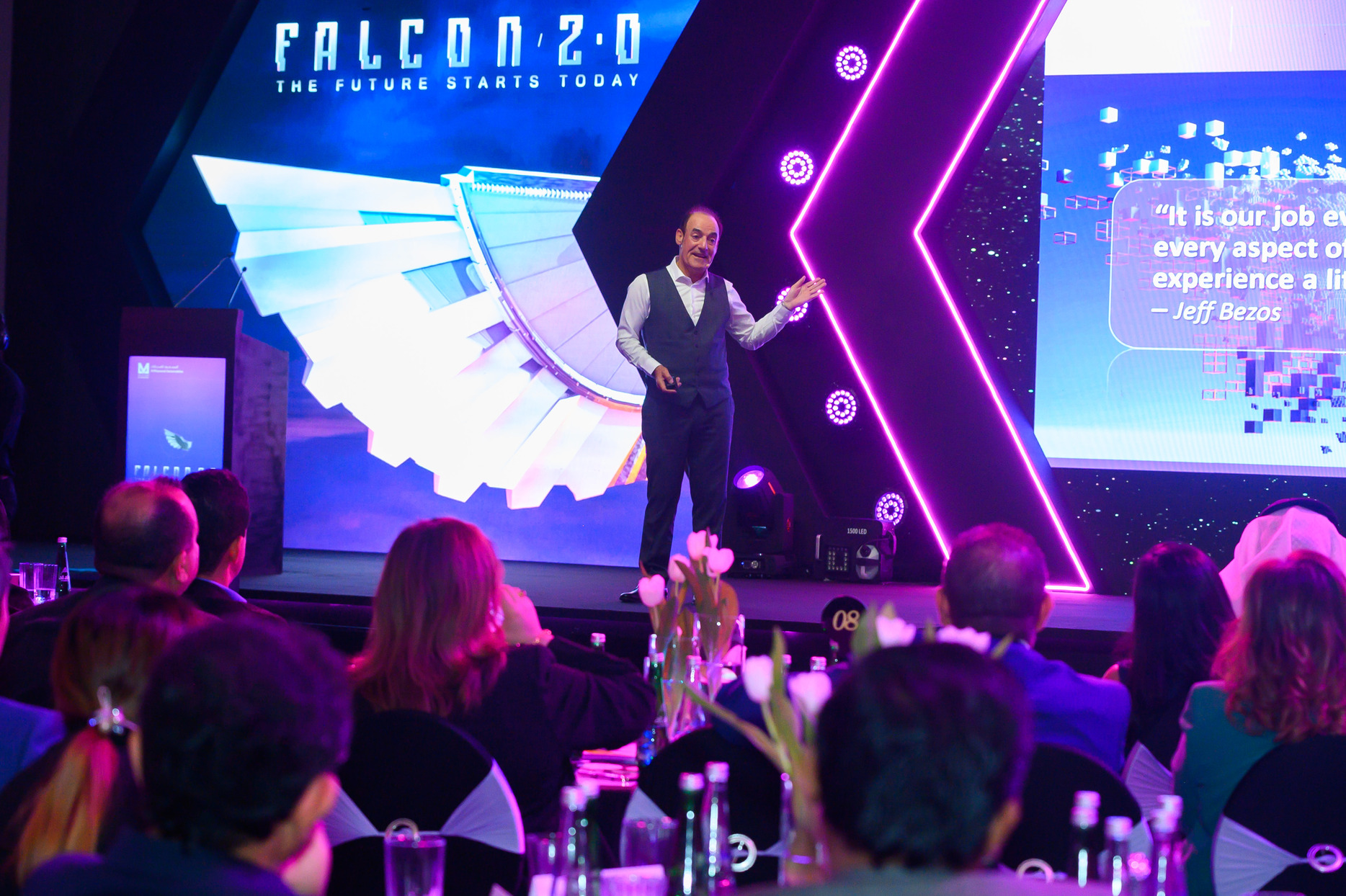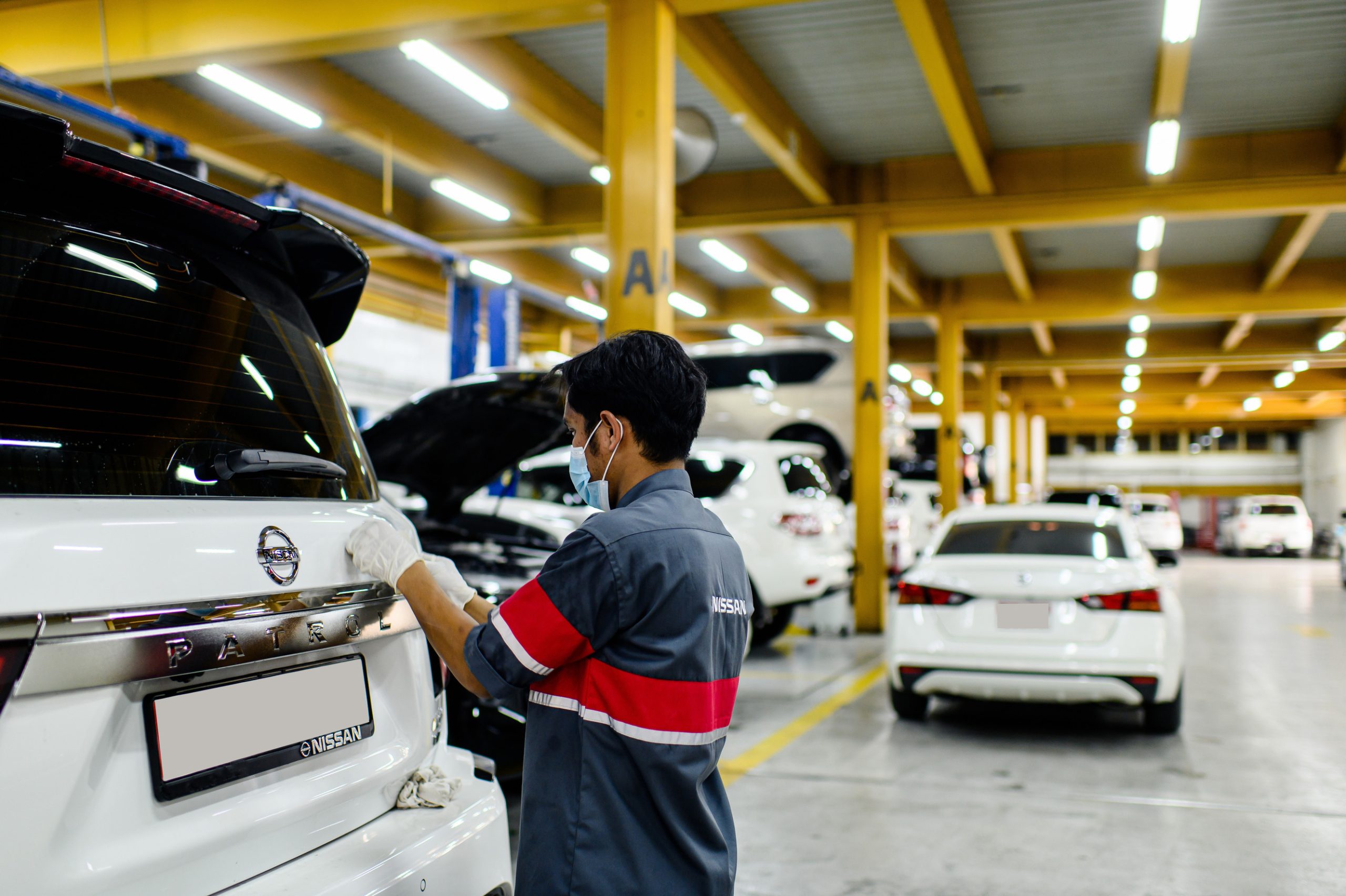Last-mile delivery—the last leg of a shipment’s journey to its final destination—has become an increasingly important part of business operations across many industries, globally and in the UAE. In this digital era, delivery solutions form a crucial part of everyday life, with significant e-commerce players now heavily relying on these solutions for growth.
In light of an impressive year-on-year growth forecast, the B2C e-commerce market in the UAE is set to more than double in value by 2027. According to the recent UAE B2C E-commerce Market report by Research and Markets, the UAE’s B2C e-commerce market is experiencing a massive surge in Gross Merchandise Value—from $26.8 billion in 2022 to $46.8 billion by 2027. This upward trend could prove a lucrative opportunity for businesses looking to capitalize on the e-commerce boom. With consumer trends shifting towards online transactions, UAE businesses are also turning to smart logistics solutions for their B2B deliveries. This emphasis on retail efficiency, whether B2B or B2C, drives overall economic growth.

UAE Ready For A New Age In Last-Mile Delivery
To catapult the UAE’s e-commerce sector, DMCC Freezone and Dubai Government have recently launched the DMCC E-Commerce Ecosystem. This pioneering move is set to bolster the Middle East & North Africa’s e-commerce market, which is currently valued at $32 billion and anticipated to break into new heights, reaching an estimated worth of $50 billion by 2025.
As the UAE accelerates towards a future of advanced technologies, what lies in waiting for smart logistics in the last-mile delivery space? Let’s look at some emerging trends and consider their potential implications.
Automation And Robotics
Robots are being used to manage large volumes of orders quickly and accurately, leveraging advanced algorithms to streamline the fulfilment process and reduce human error. Robotic systems can handle tasks such as packaging and sorting goods that are too complex or tedious for humans, resulting in increased throughput while reducing labour costs and waste. Robots can also move quickly through warehouses or delivery areas, leading to a faster response time. Moreover, automation and robotics provide enhanced scalability, enabling companies to scale up their operations rapidly without investing in additional personnel or infrastructure.

Autonomous Vehicles
Another trend in last-mile delivery is using autonomous vehicles, such as drones and self-driving cars, to deliver packages more quickly and efficiently. Autonomous vehicles can be programmed to prioritize specific orders in order to meet customer demands and ensure timely deliveries, especially temperature-controlled packages. These vehicles can safely navigate complex environments, reducing human error and arguably increasing safety for drivers and pedestrians. Autonomous vehicles also help improve operational efficiency as they can be easily monitored and rerouted in real time to minimize delays or disruption of service.
AI And Data Analytics
More companies are set to use AI and data analytics to track shipments, optimize delivery routes and improve overall customer service. We can gain better insights into customer preferences by utilizing AI algorithms such as deep learning, natural language processing, and sentiment analysis. This allows us to make more informed decisions about which products to stock, how to handle orders more efficiently, and how best to allocate resources for maximum efficiency. Data also allows for predictive analytics that can anticipate customer demand and ensure rapid response times in case of unexpected changes in demand or other disruptions.

Web3 Applications
Web3 applications have the potential to offer improved security, increased transparency, and faster processing of transactions. Through Web3, delivery companies can gain access to immutable data for more accurate tracking of orders and deliveries, as well as smart contracts for automated payment processing. On the other hand, customers can benefit from enhanced privacy through data encryption and permission access, allowing them to grant or deny access to their data as they deem fit. Web3 applications could also enable automated machine learning algorithms that provide real-time insights into customer experience and product performance.
Utilizing such innovative technologies, Al Masaood Automobiles continues to handle large-fleet aftersales services of government and semi-government entities. The deployment of these technologies allows us to fulfil large orders in a timely and uninterrupted manner.

